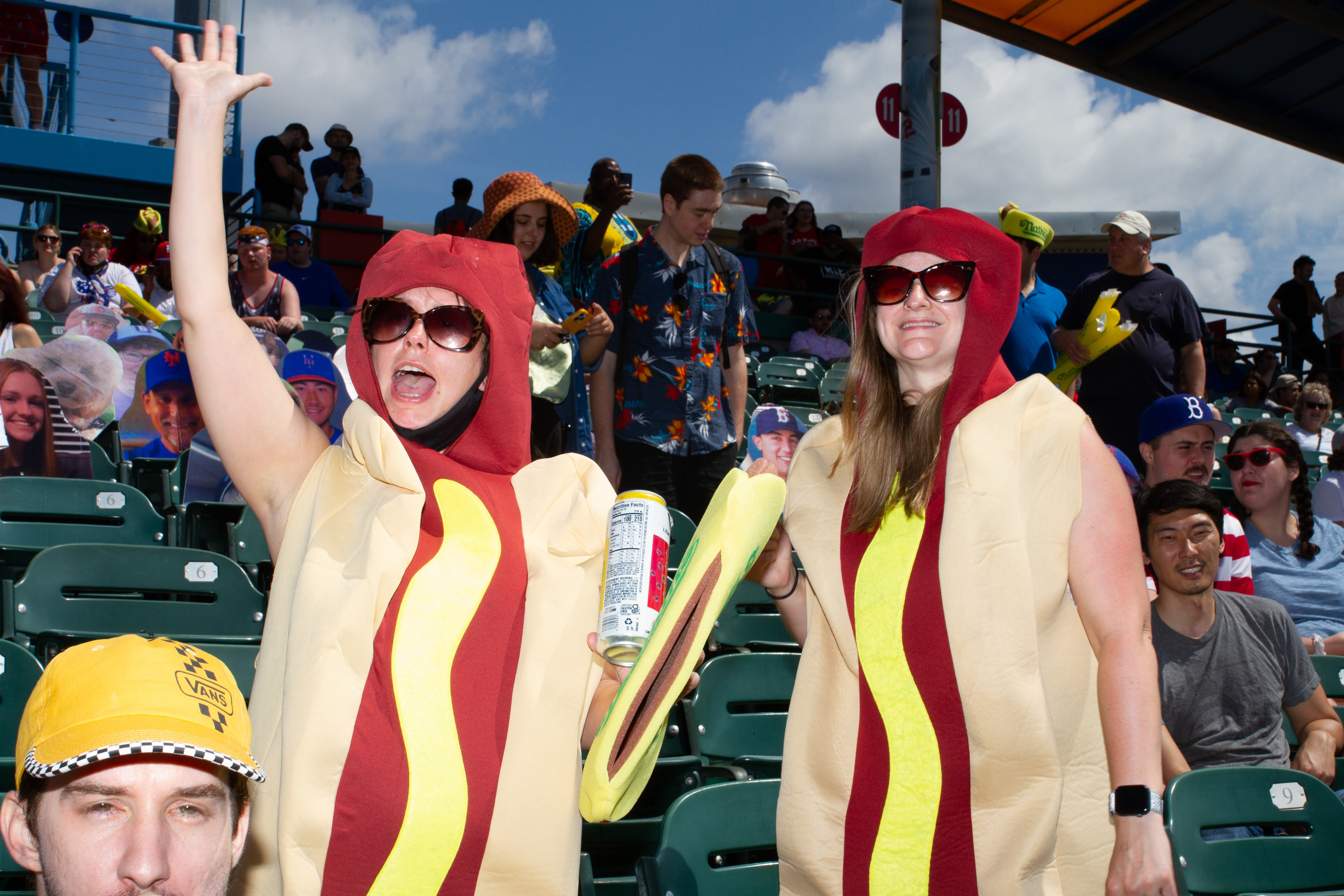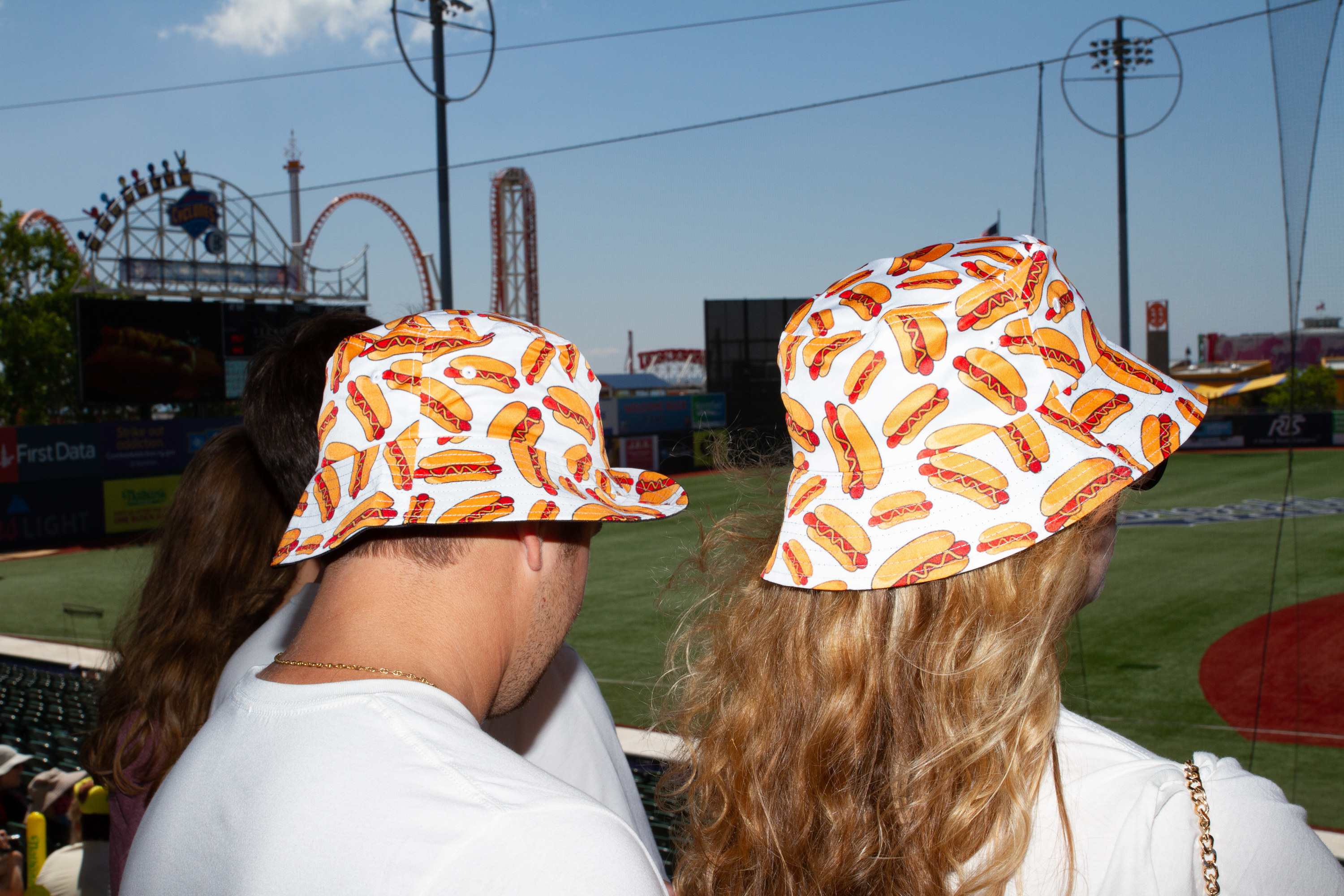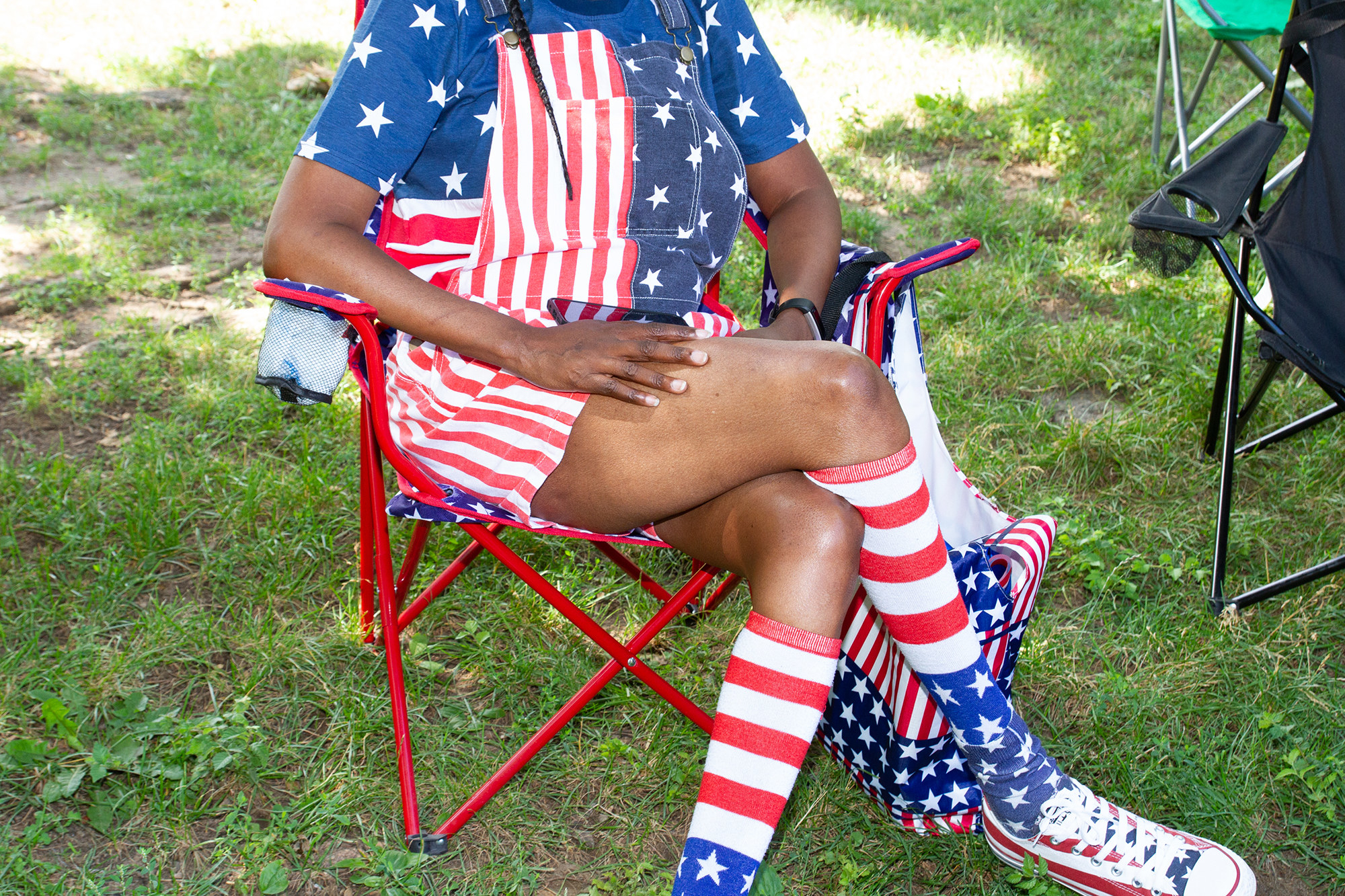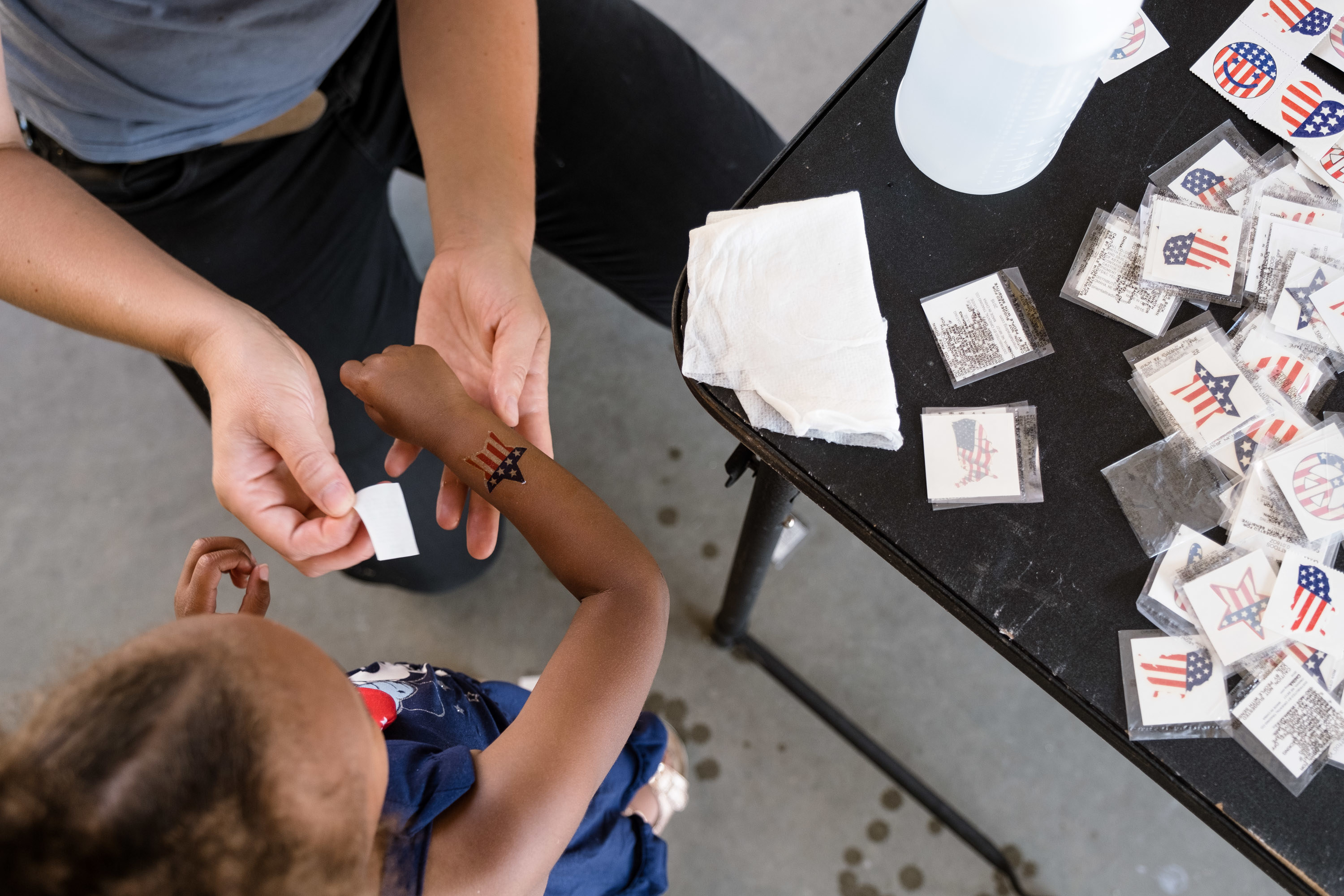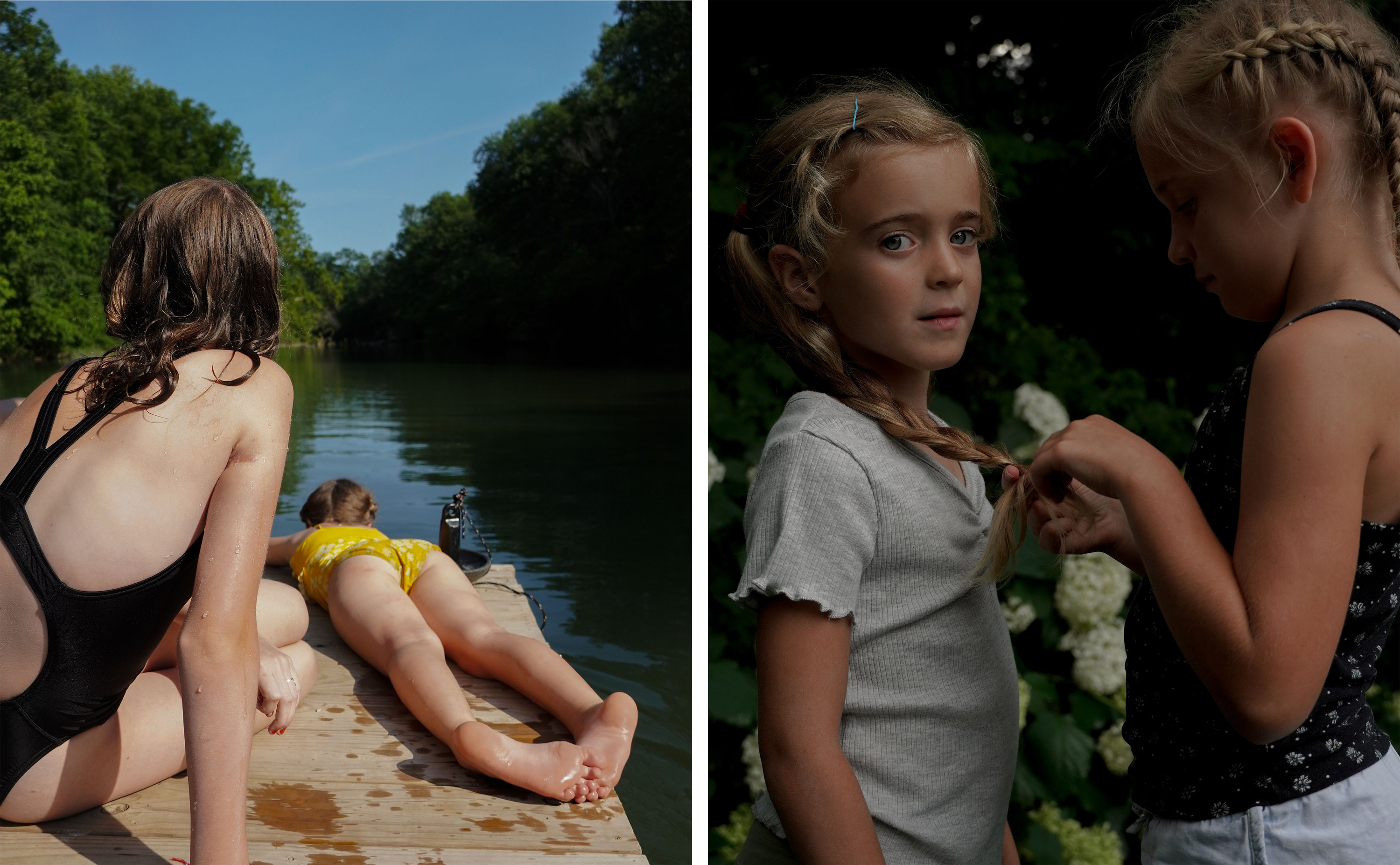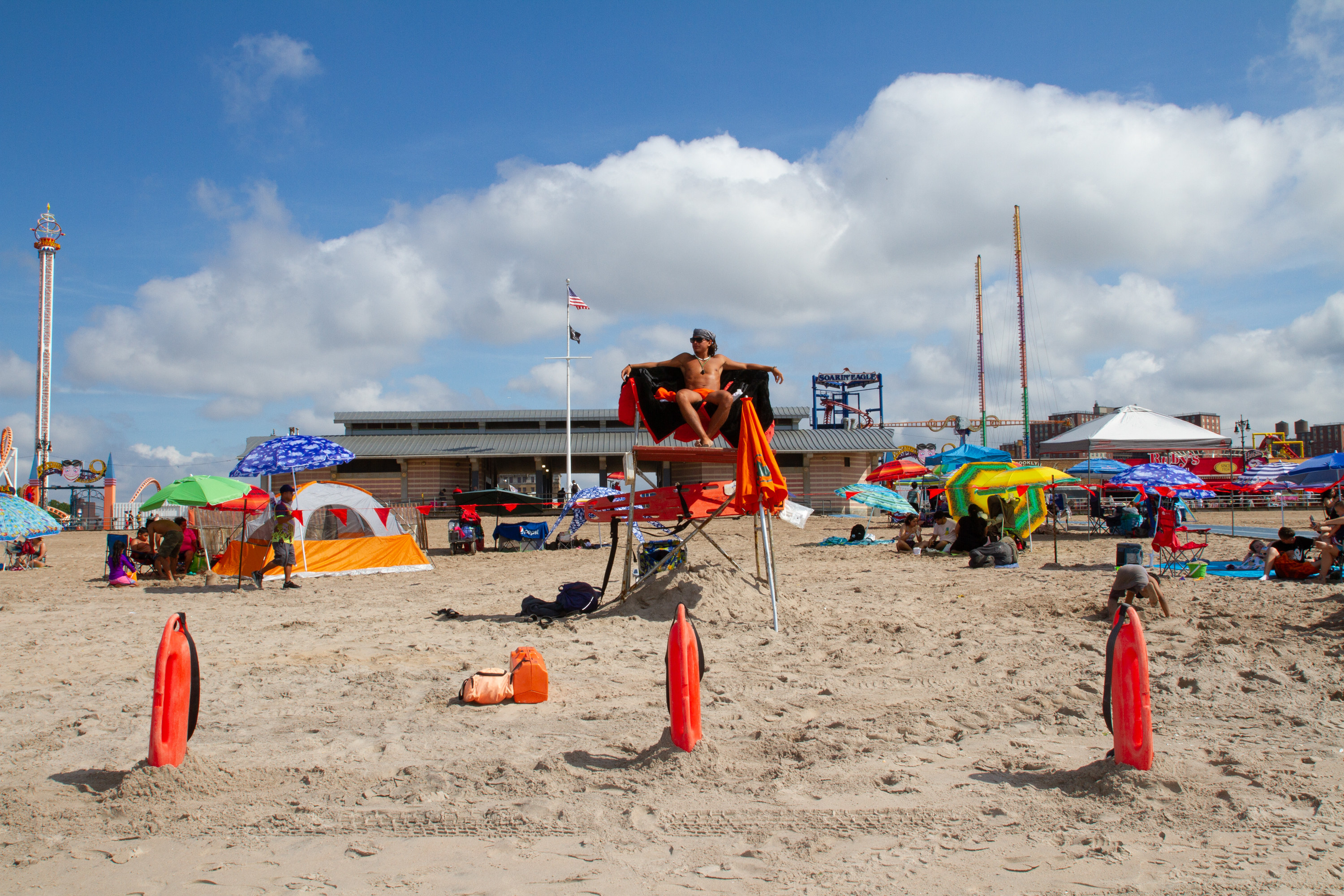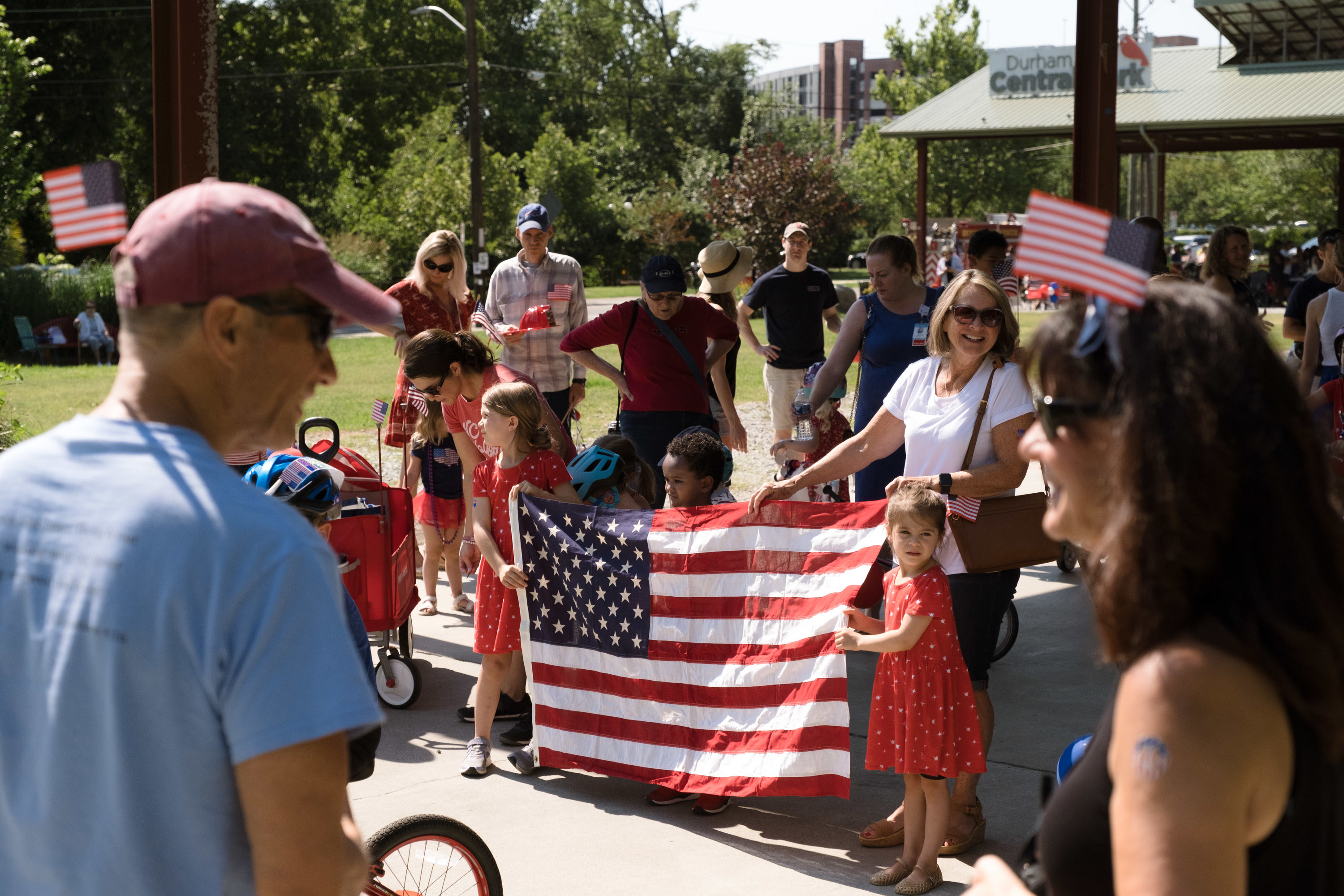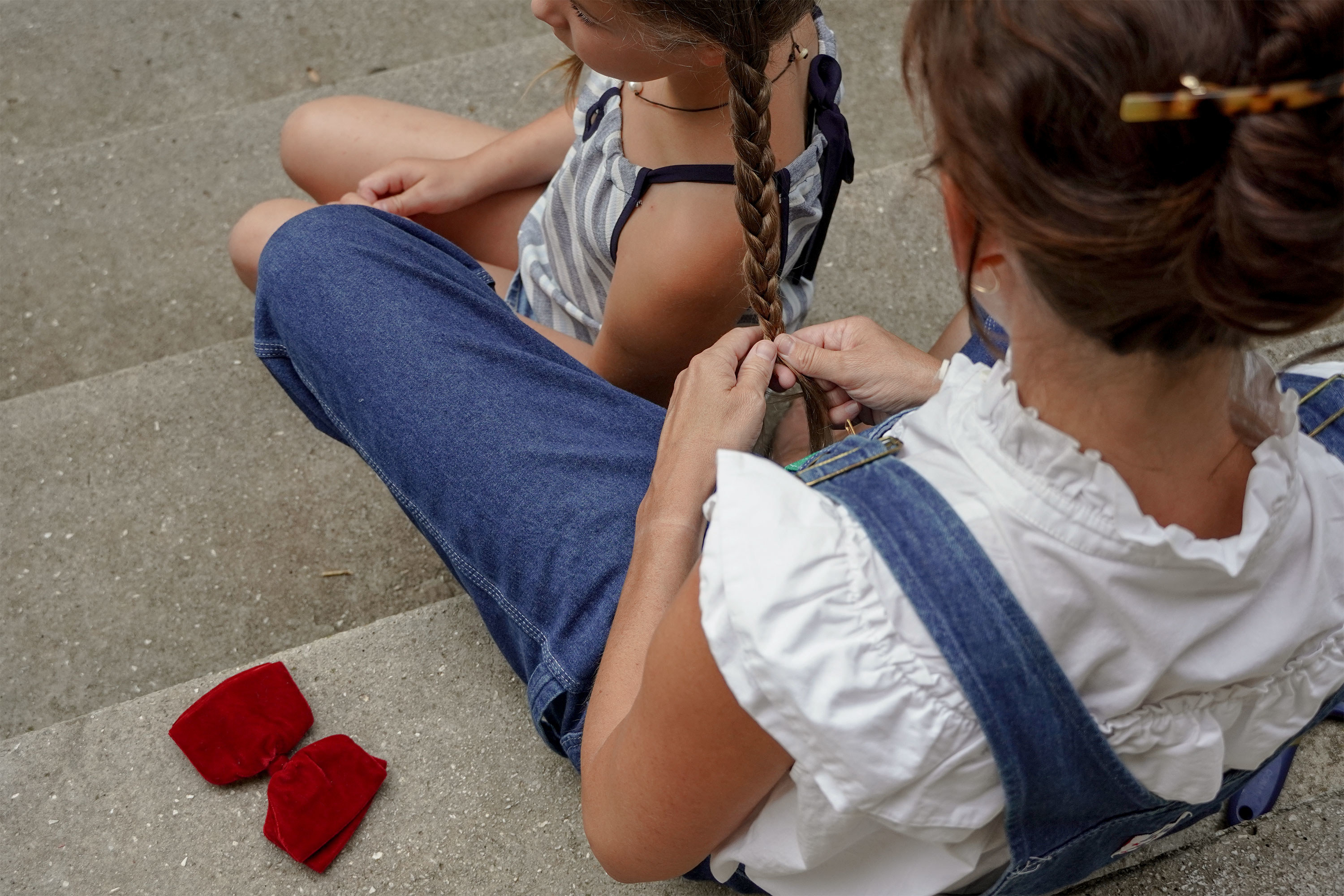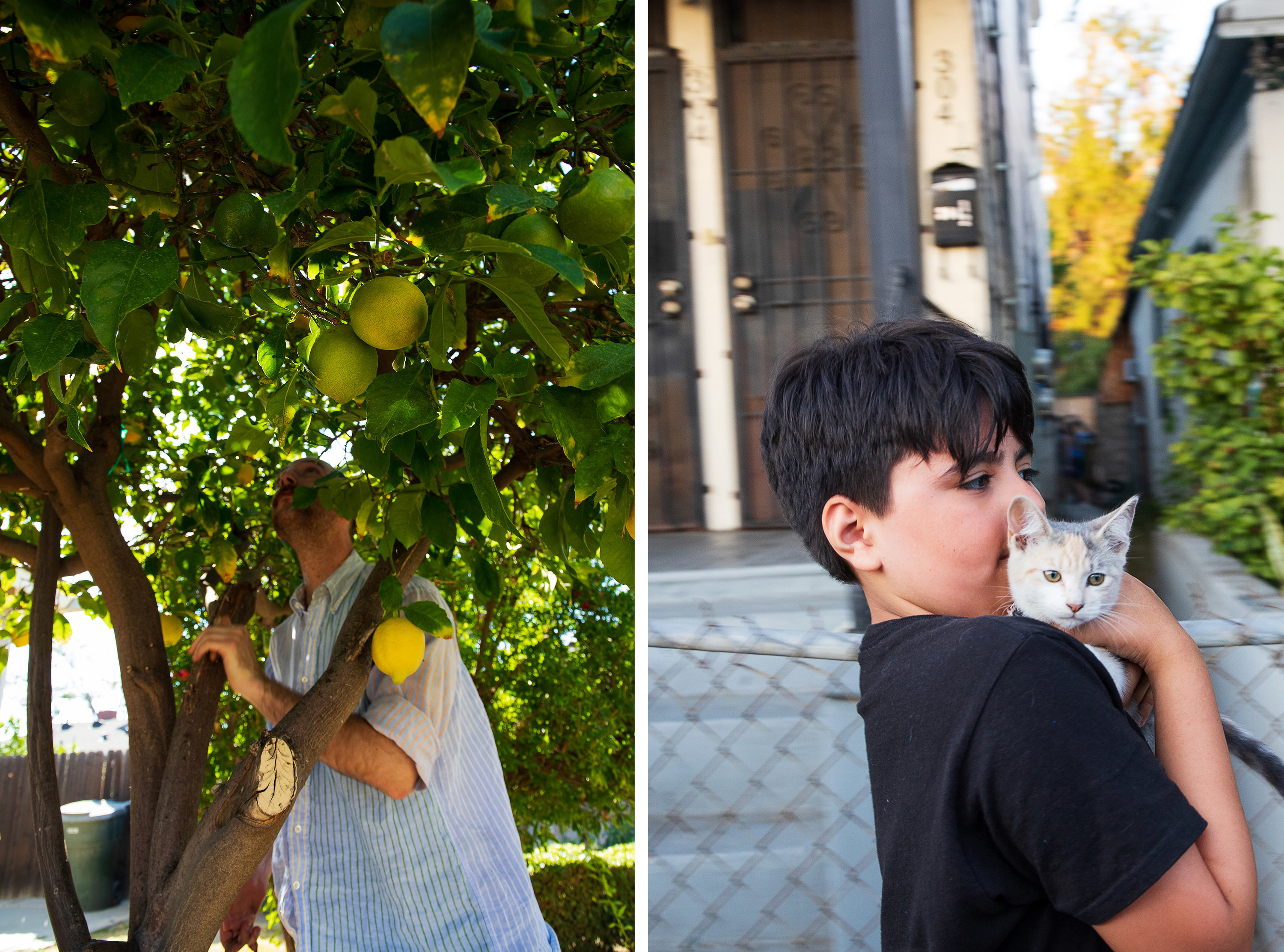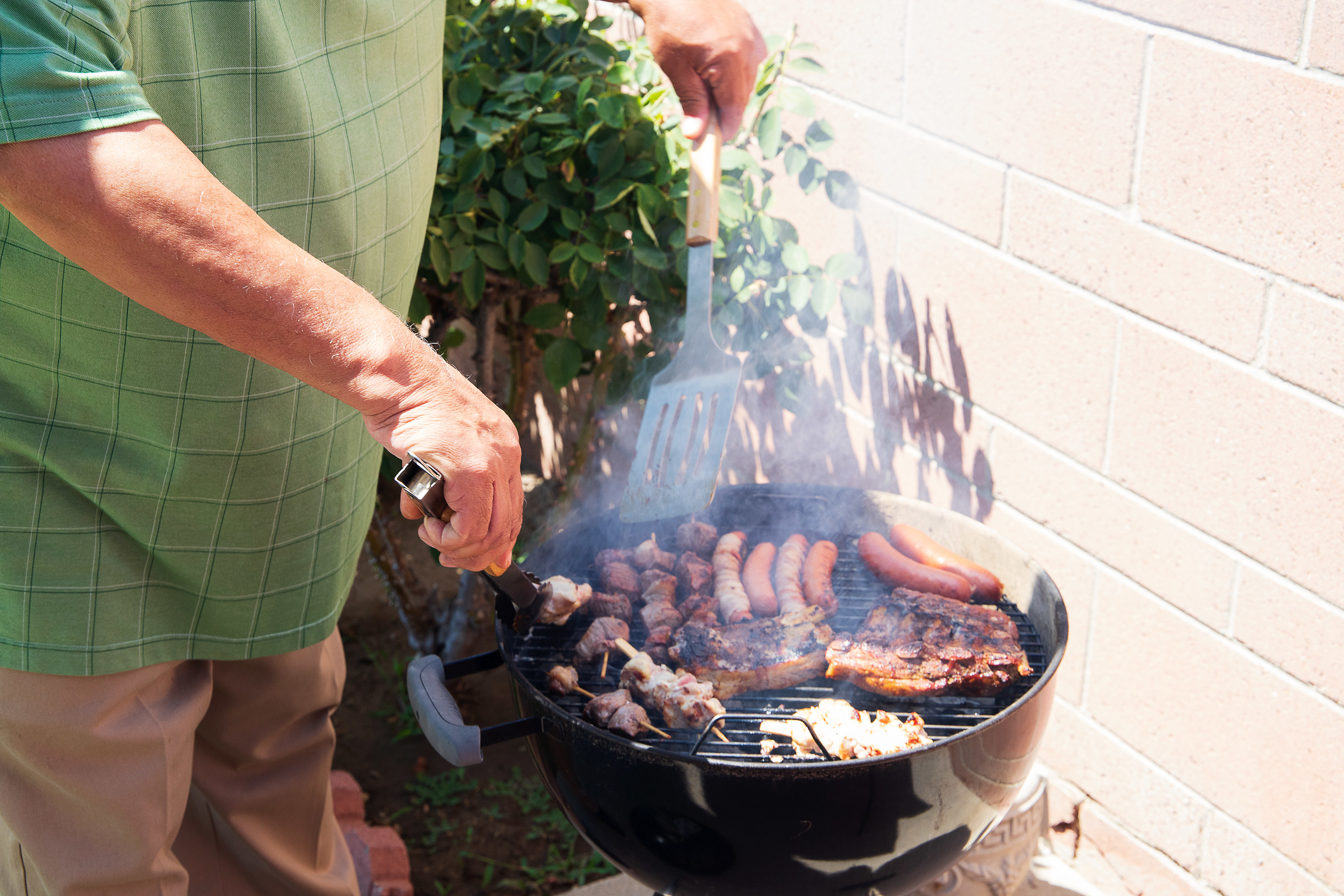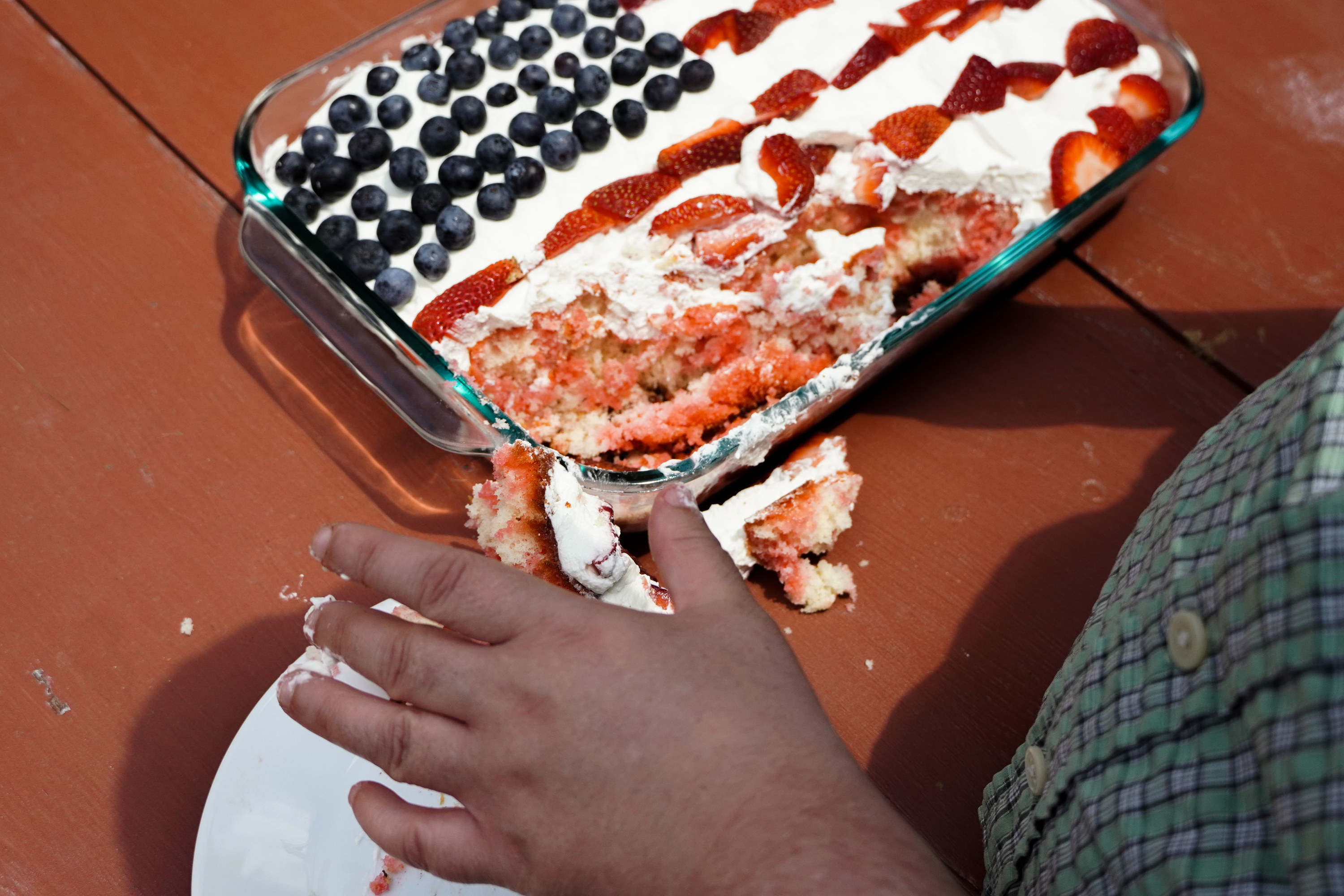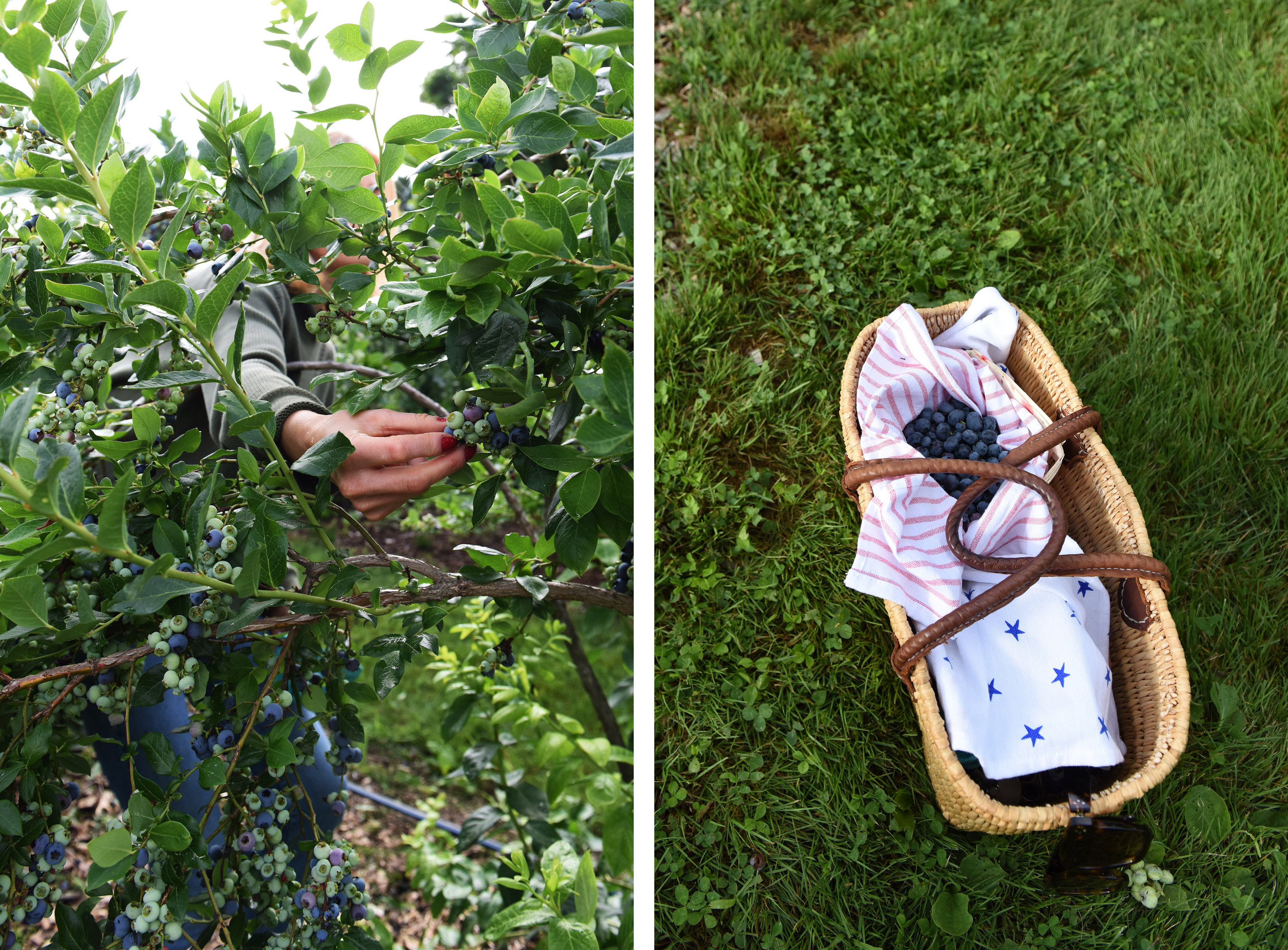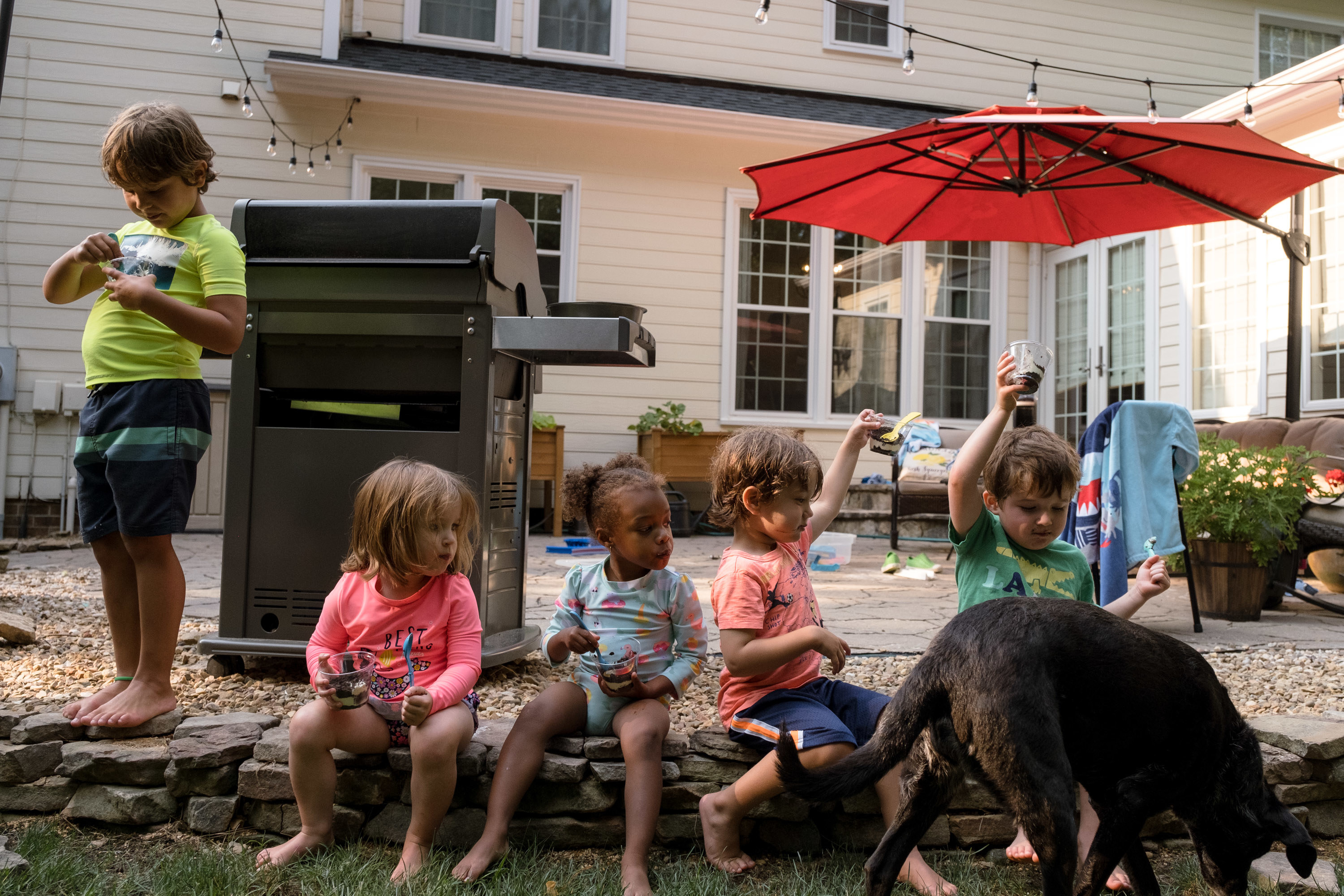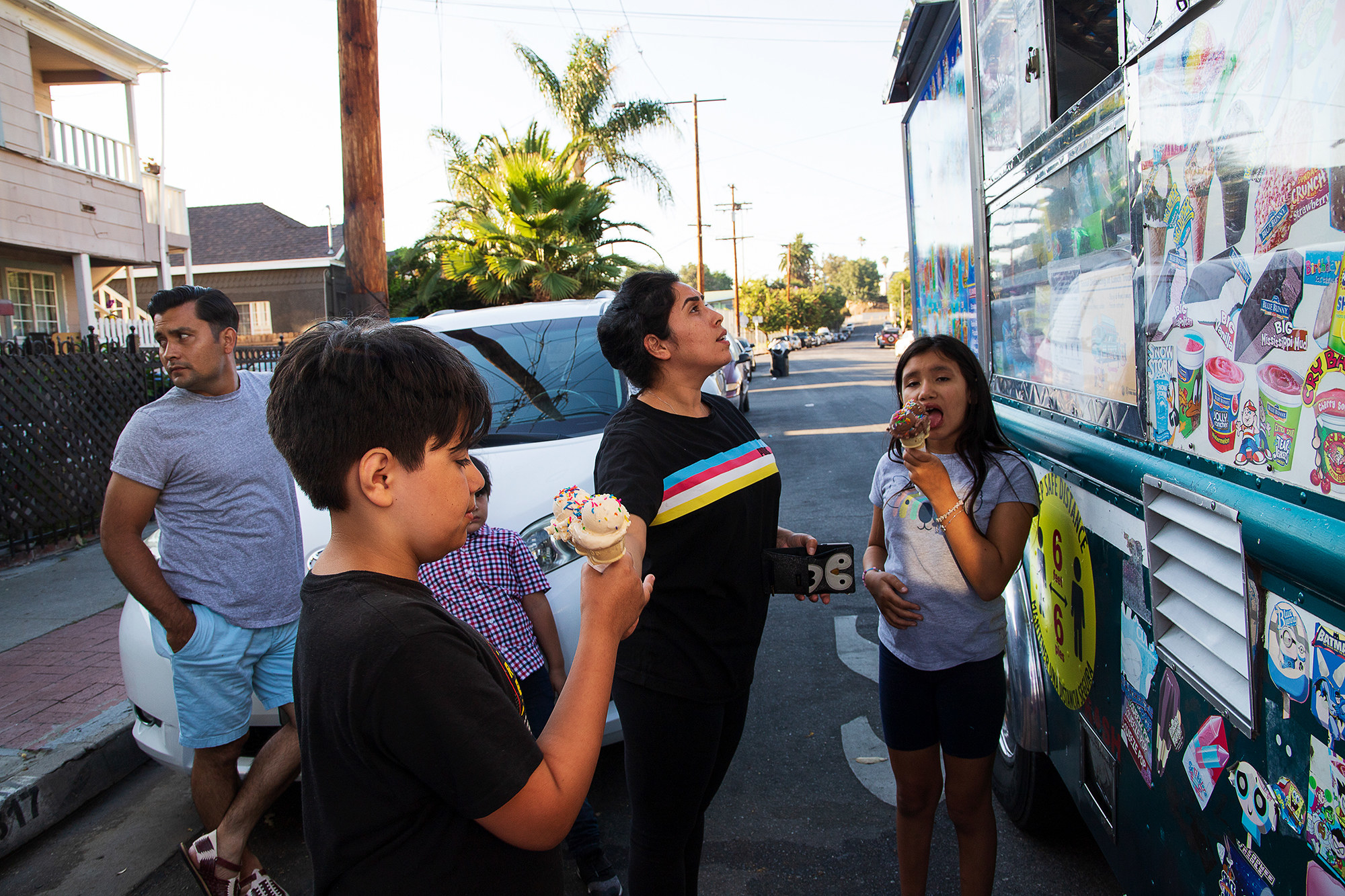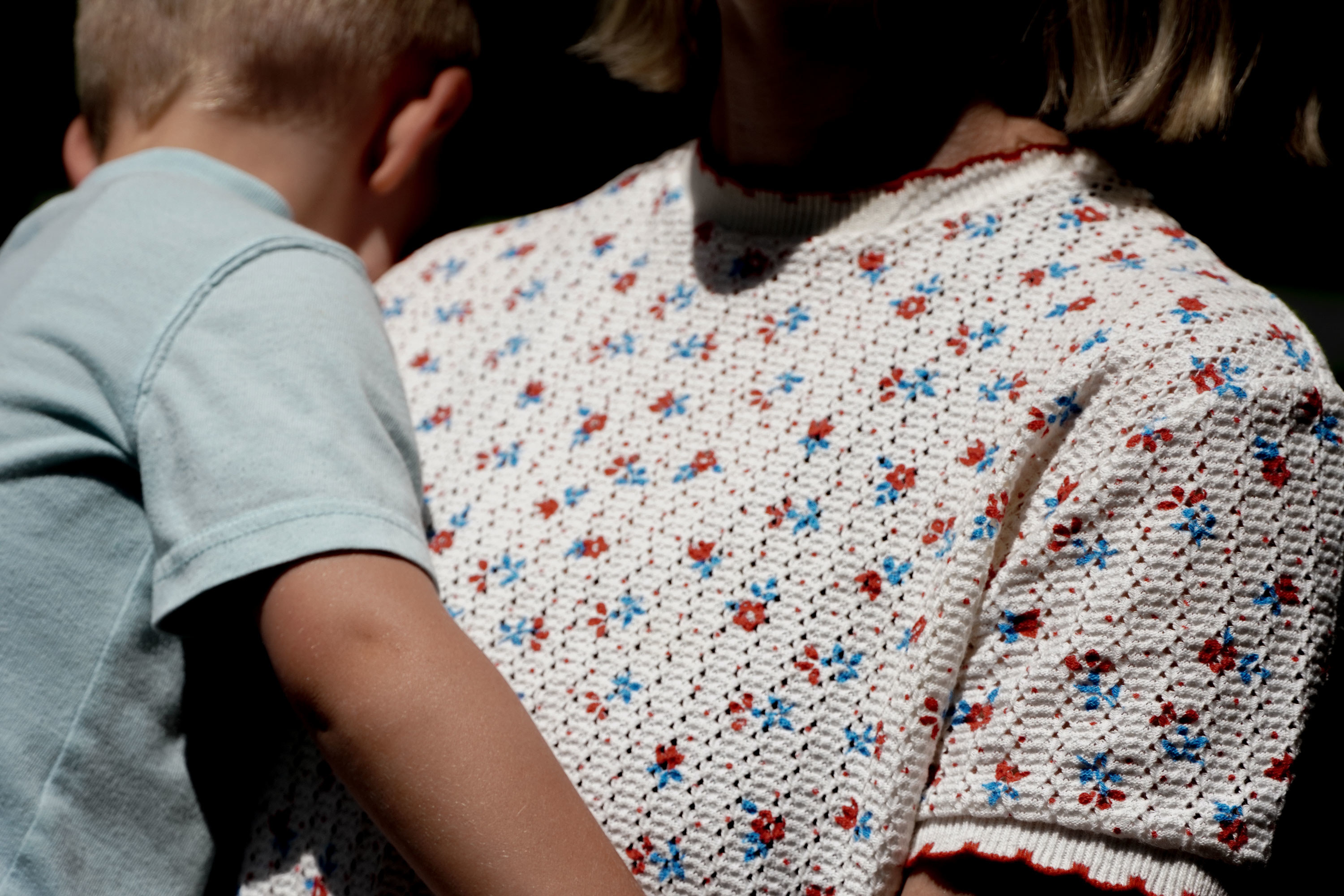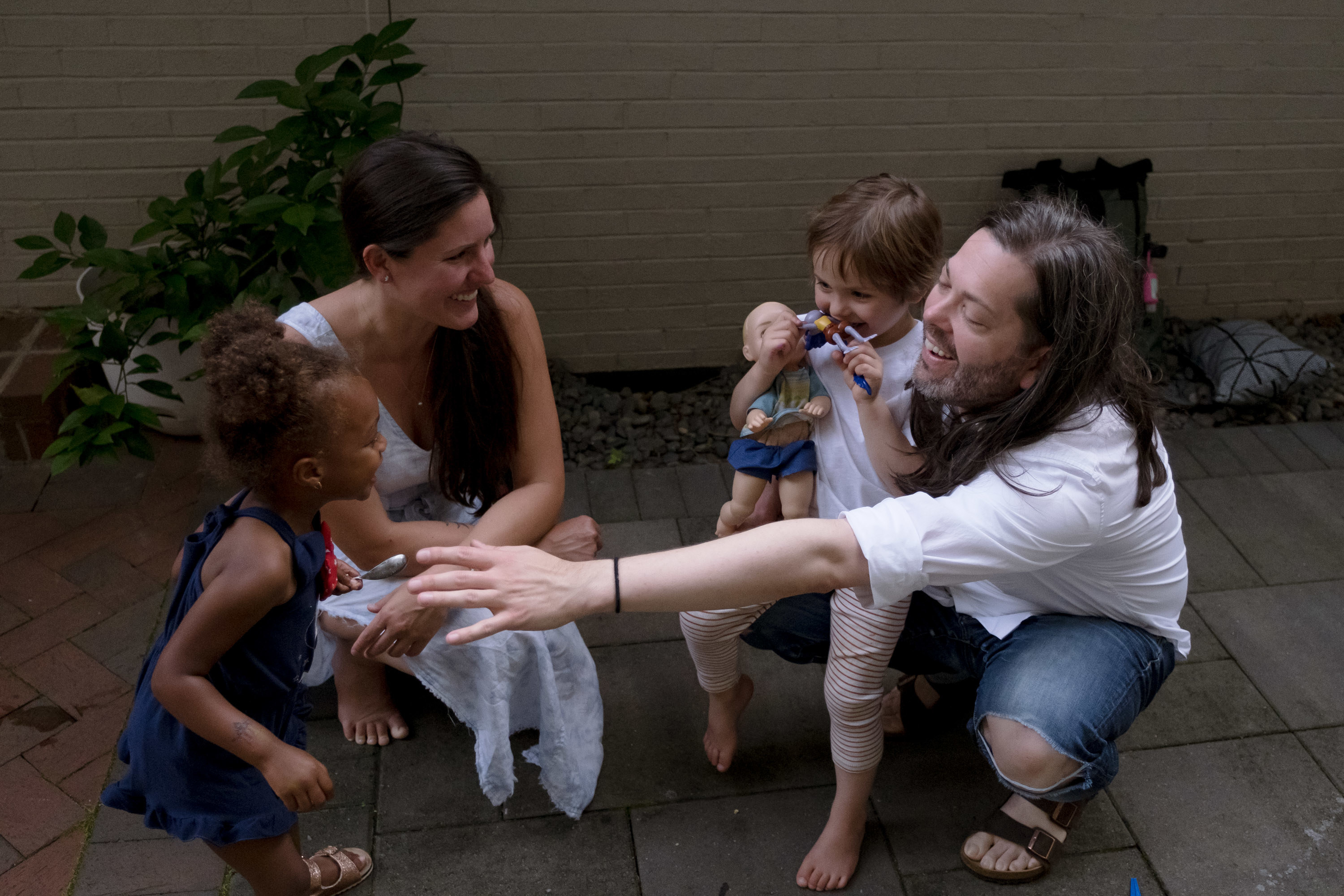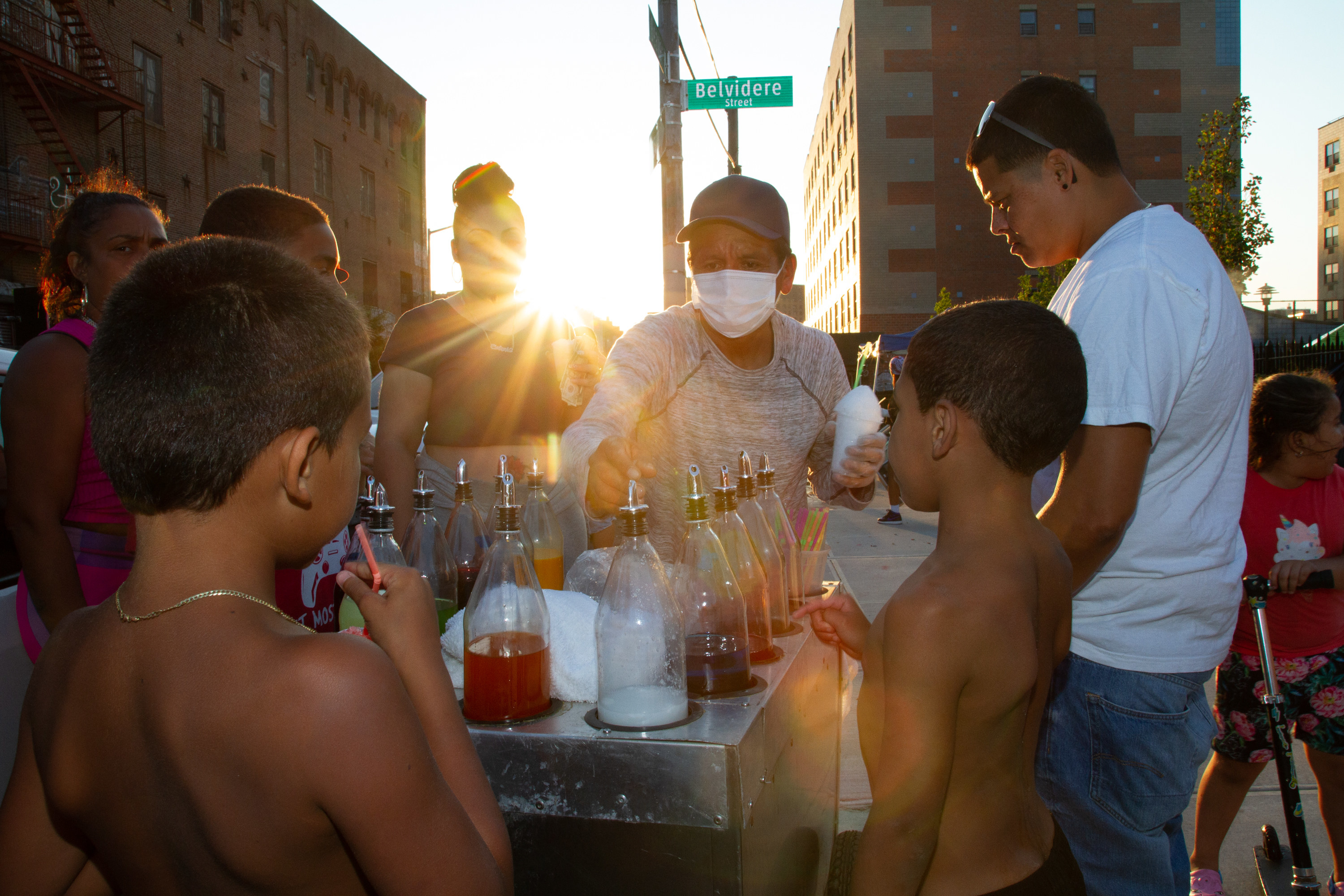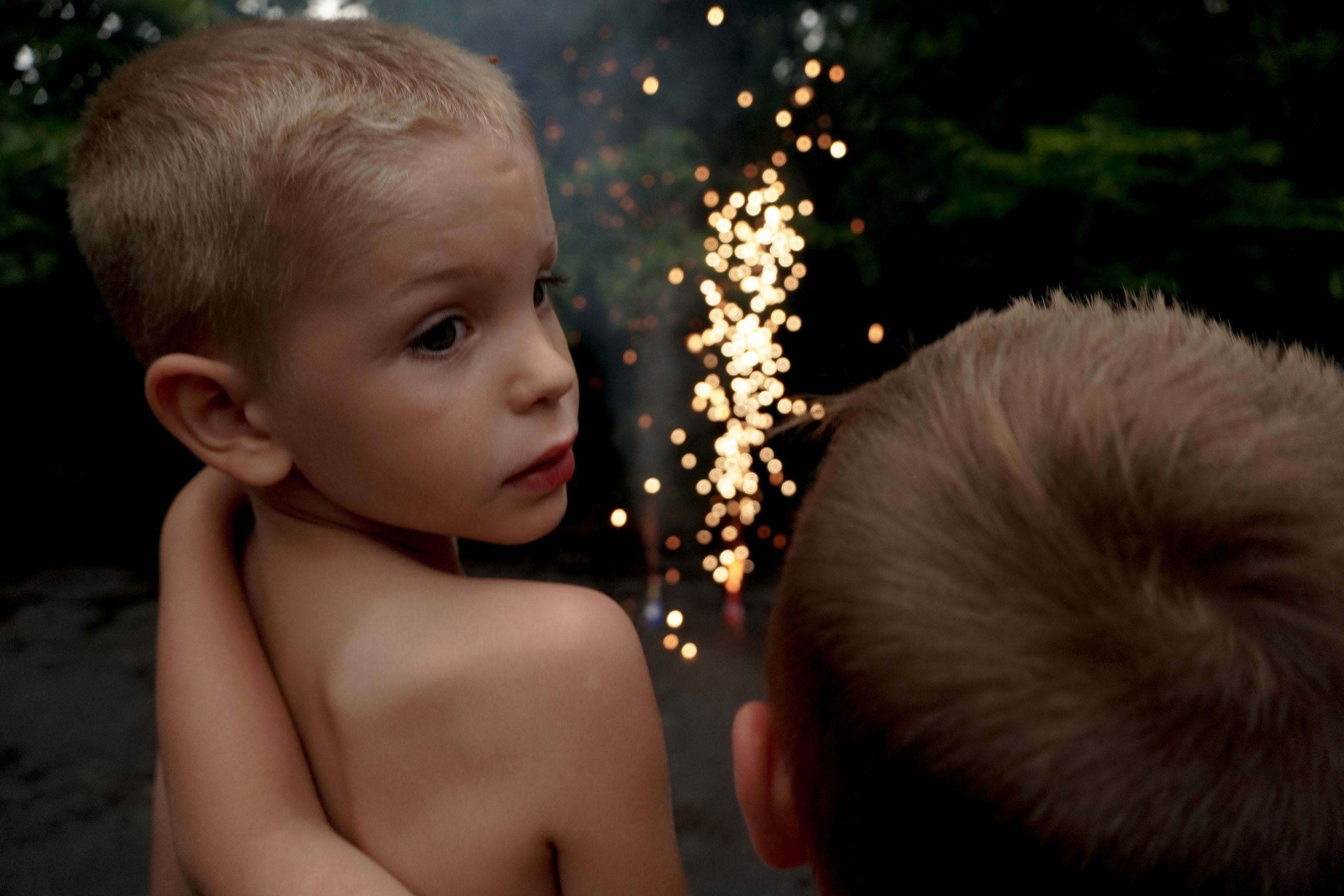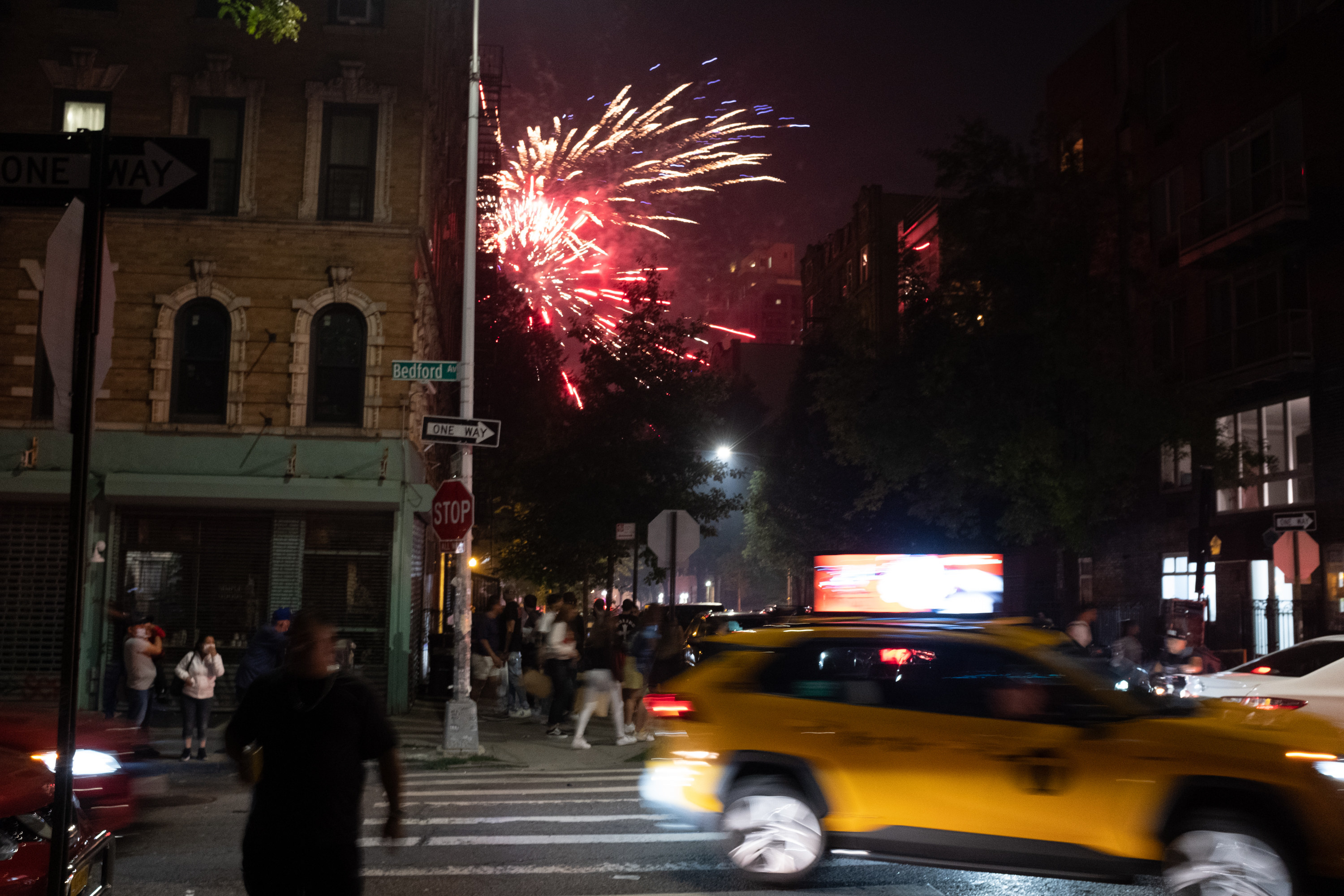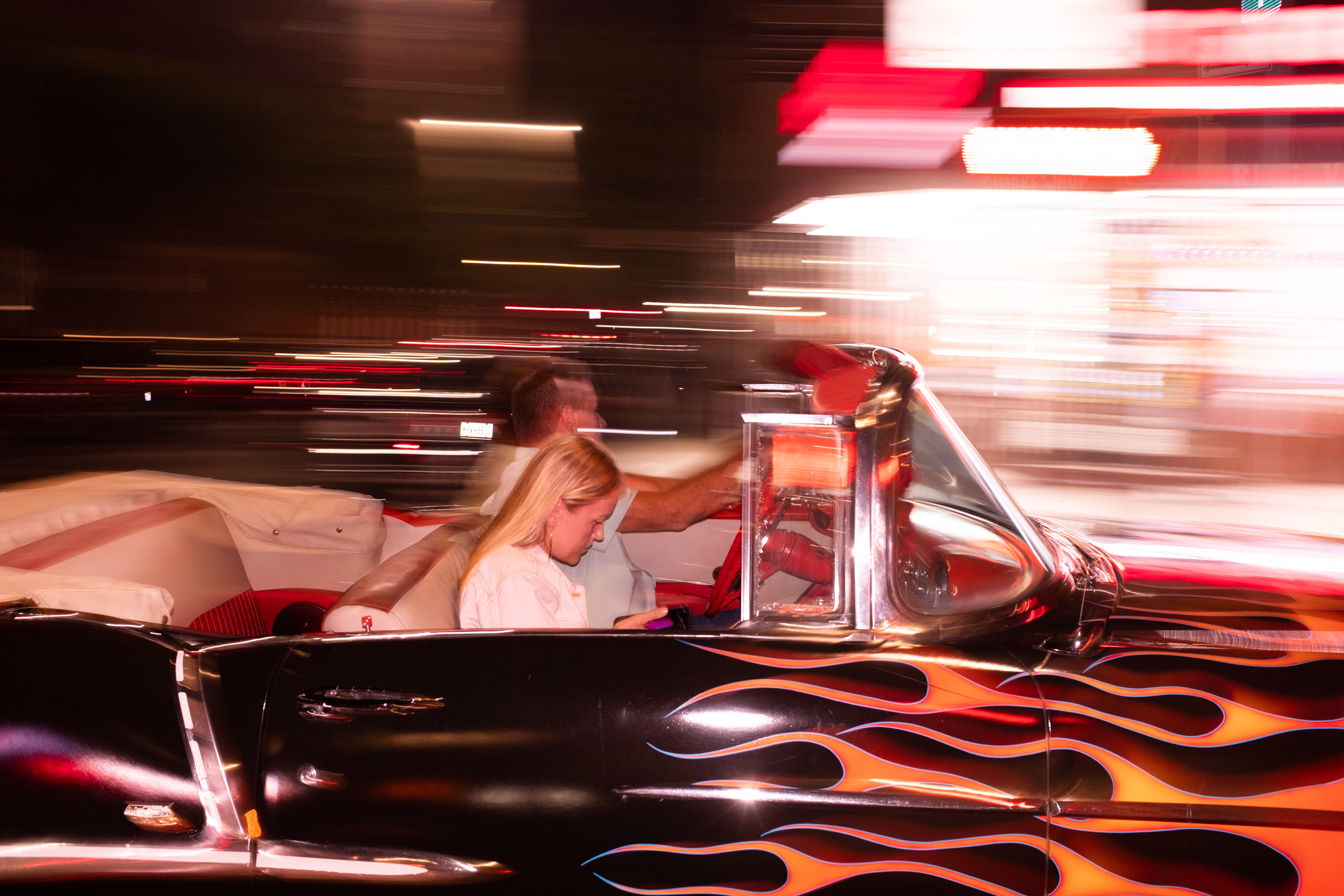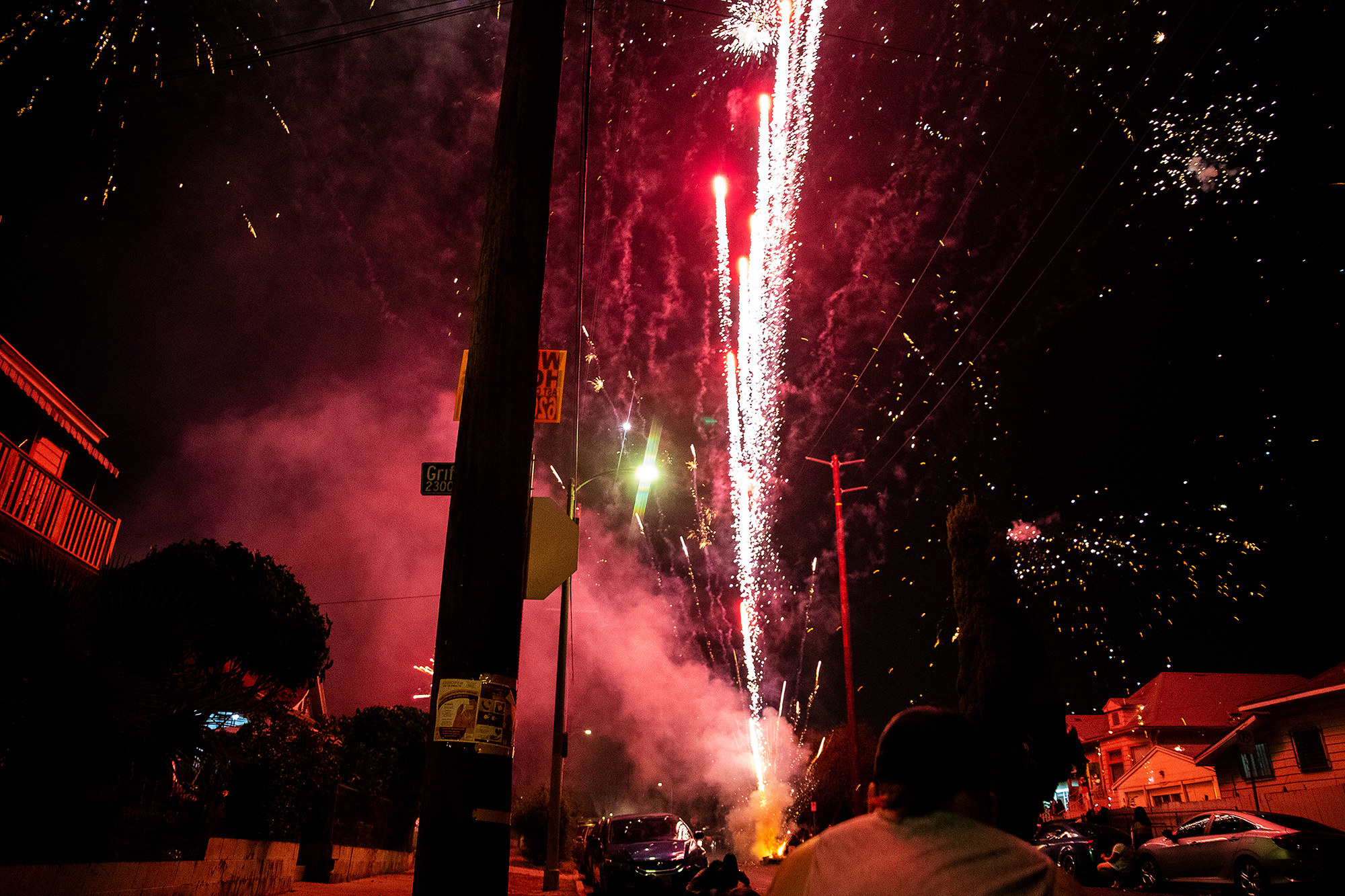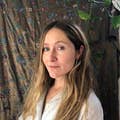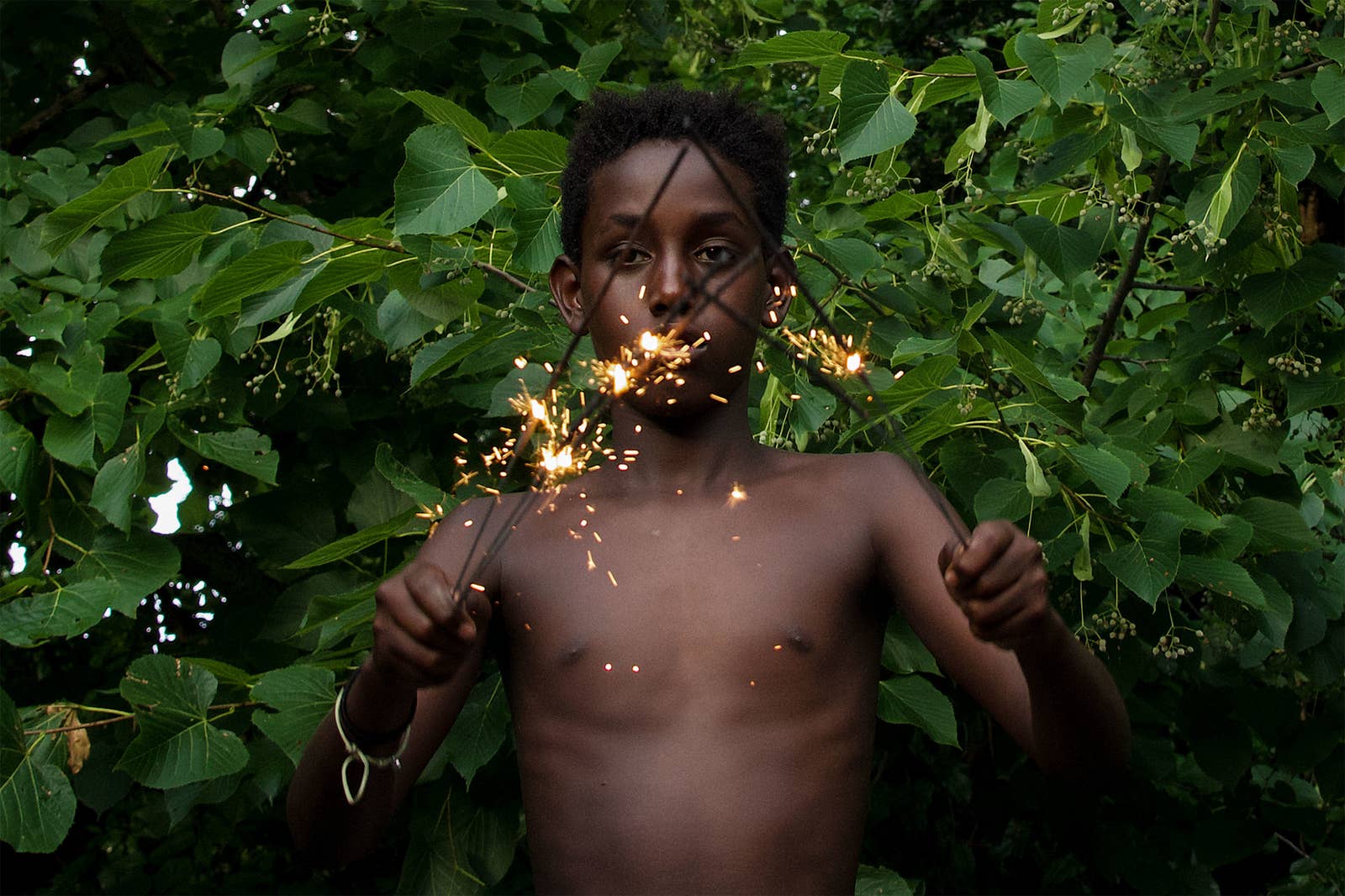
The long 4th of July weekend can be a time to see family and friends, enjoy a day off, and celebrate with a barbecue and some fireworks.
But for many Americans, celebrating a country that has done so much harm since its inception can feel complicated and even painful. "I don't feel connected to the 4th of July," said photographer Star Montana. "I never understood it as a child in school. Our teachers would try to say it was our founding fathers’ time and our independence, but I would cry every time I would read they killed another Indigenous tribe through Manifest Destiny."
This year, BuzzFeed News asked five photographers to document their own experiences during the 4th of July.
Cornell Watson, a photographer in Durham, North Carolina, spent the morning listening to “What to the Slave is the Fourth of July?," a speech originally given by Frederick Douglass in 1852. "As a Black person, the 4th of July has always brought about complicated feelings, but starting the day with either reading or hearing this speech always helps me keep the celebrations in perspective," said Watson.
Stella Blackmon, a photographer and director originally from Springfield, Missouri, photographed her extended family and friends as everyone settled into spending time outside — a mainstay for the children during the pandemic. "Margot, my cousin, kept saying, 'I'm not sure what I'm going to do when this is all over; this is all I care about,'" said Blackmon.
Cheryle St. Onge, in Durham, New Hampshire, and her family experienced the dark gray, rainy weather that fell on most of the Northeast on July 4.
In Brooklyn, Derek Gardner, a photographer and videographer for BuzzFeed News, crisscrossed the borough to see how New Yorkers were celebrating. “As corny as it may sound, walking Brooklyn on this year’s 4th, there was a sense of togetherness in the air,” said Gardner. “I don’t even need to say this because I heard it directly from a guy from Williamsburg yelling it over and over: ‘We’re back, baby!’”
For Montana, who grew up in a predominantly Mexican American part of east Los Angeles, this 4th was also different because she was choosing to spend her time with family instead of friends, as her dad was recovering from surgery. "My nephew is getting older and all he cares about is fireworks. I don't think he connects it to freedom or America — none of the kids do," said Montana. "I feel there is so much relief and angst being let out in the Los Angeles sky in the lower economic area; people don't understand us. It's not our independence but just relief and gathering with our loved ones, the ones who have survived."
